We enable common flows for all Miro users, including the whiteboard and its UI, discoverability and access to content and documents, and apps for desktop, mobile tablets, and interactive displays. We also cover Miro’s design system and Accessibility.
The Design team
Miro’s Design team is on a mission to improve the experience of knowledge work, productivity tools, and remote collaboration. We produce best-in-class solutions for a future of work that’s diverse, intuitive, accessible, and enjoyable to use. Maybe that’s why our product is so globally beloved.

Make a direct impact on a beloved product
Our work as a Design team directly impacts a customer base that includes many of our peers and friends. You’re helping to solve some of the bigger problems and challenges we all experience in the workplace day-to-day.
Passion and love for our product is shared among our millions of users, and also by our team.
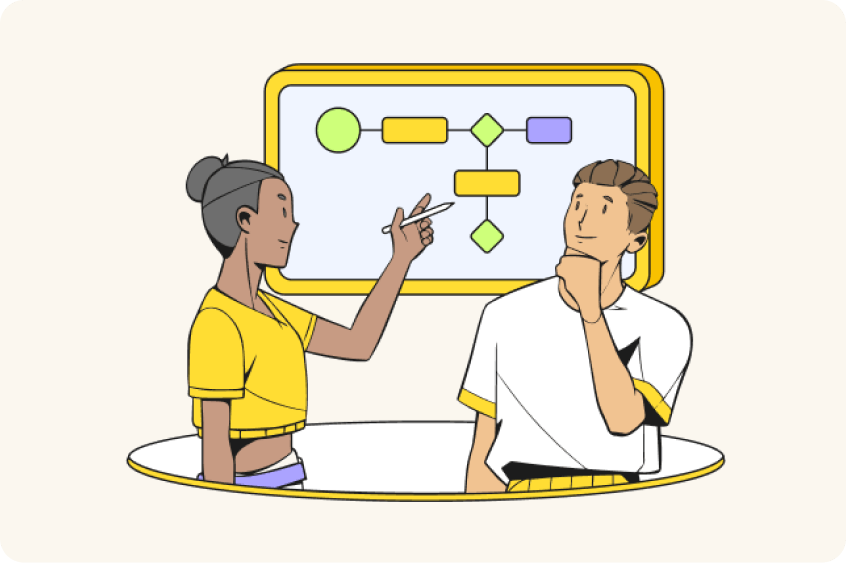
Grow and iterate beyond what you thought was possible
Our opportunities for growth and impact set us apart from other Design teams. Miro’s design leaders are involved at a strategic level and typically lead and drive initiatives in direct collaboration with company leadership.
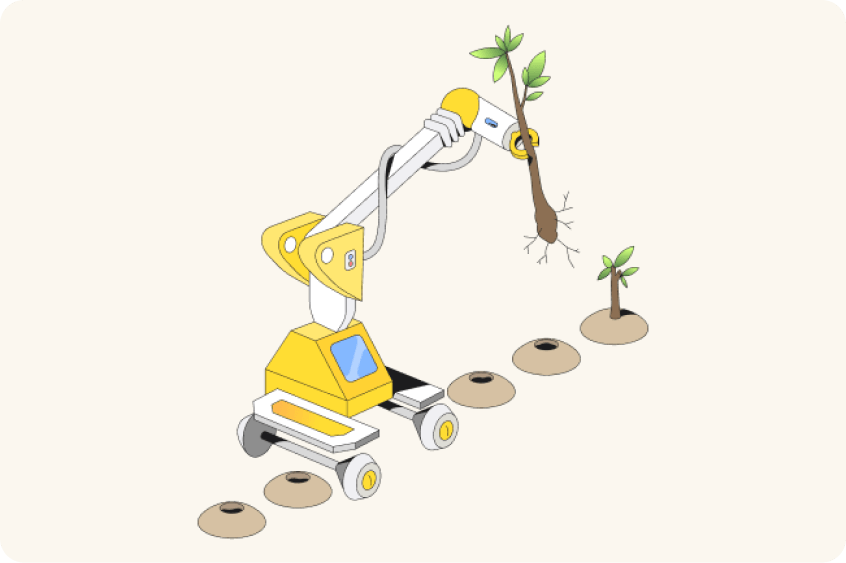
Create for all with a high-performing global team
We believe our organization and our product should be inclusive. This includes making our product fully compliant with AA accessibility guidelines. Every product designer in Miro is responsible for helping us deliver on this promise.
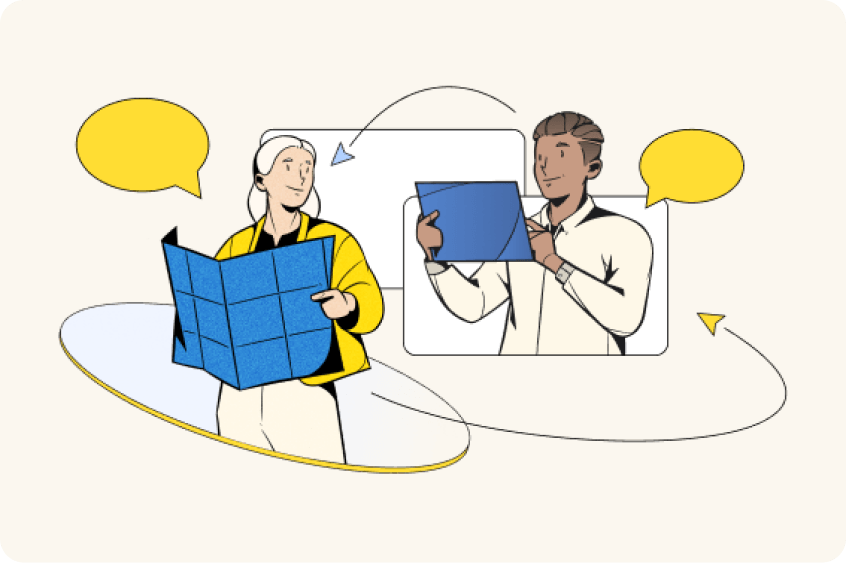
Shape the future of work
We’re constantly working to solve real problems experienced in the workplace, and design is a critical enabler in how we solve those challenges. We influence one of the fastest growing products in a new market category that has only been defined in the last few years.

“Since I joined Miro, I have had the privilege to participate in nearly 100 interviews with Miro users. In every single interview, they reminded me about how much Miro helped them. It is an honor to contribute with your design skills to build a transformational product.”
Find a Design role at Miro
Discover your next step
Explore our development tracks
As a member of Miro’s Design team, you’ll embark on one of two continuous growth tracks:

Individual contributor
As a Design IC, you will:
- Continuously develop your design craft
- Mentor new and junior designers
- Expand your scope and impact as a designer on business critical projects
- Lead strategic initiatives in collaboration with company leadership

People Manager
As a Design Manager, you will:
- Focus on development and coaching of your team
- Stay close to project decision-making, enabling your team to take the right path
- Hire and grow a team of experts
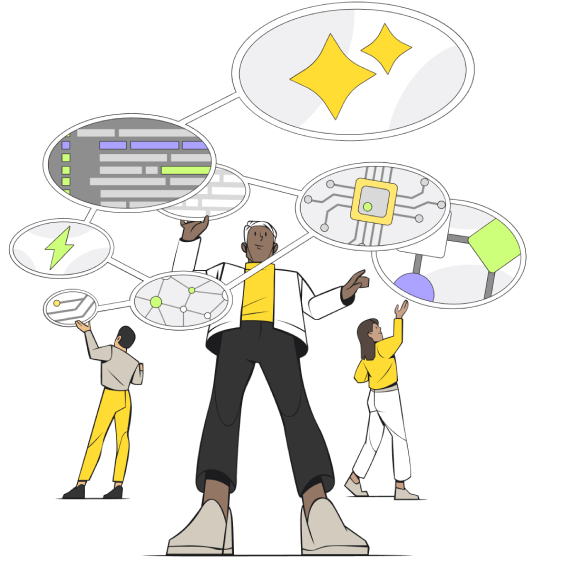
Learn how we work
Our Design team spans the globe, from Amsterdam, to Berlin, to Yerevan. Through hub rituals and team processes designed for Miro’s hybrid work strategy, Miro Together, we live our collaborative values.
We’re passionate about solving customer problems and challenging the status quo, and are dedicated to gaining a deep understanding of our customers, working cross-functionally to bring these changes to life in the product.
Prepare for your Design interviews
Find out what you can expect during the interview process.
01. Recruiter Screen
A 30-min interview to discuss the role, background and experience, and learn more about your motivation to join Miro.
02. Hiring Manager
The hiring manager (usually your future manager) will meet to discuss your experience and fit for the role.
03. Craft Round
A presentation of your portfolio and a live case study to explain your experience, collaboration, and style of work.
04. Miro Behaviors
Meet Mironeers from other functions you can expect to work with, including engineering, product management, and more. During this stage we will ask you evidence based questions related to both our Miro values and behaviours.
05. Leadership Round
Meet a member of the leadership team to discuss Miro’s company values and share your vision for success at Miro.
“At Miro, I have the opportunity to work at a company where the value of UX research is seen and understood, not only across the organization, but at the highest levels of leadership.”
Design streams and disciplines
We empower developers & organizations to build applications on top of Miro and enable Miro in other products through integrations.
We enable large organizations to make Miro part of their daily collaboration – covering permissions, security, knowledge management and more.
We work cross-functionally to ideate and build a product that will drive adoption and growth and create a positive, lasting, emotional impact on our users.
We work with marketing teams to bring Miro’s brand to life through creative campaigns and content.
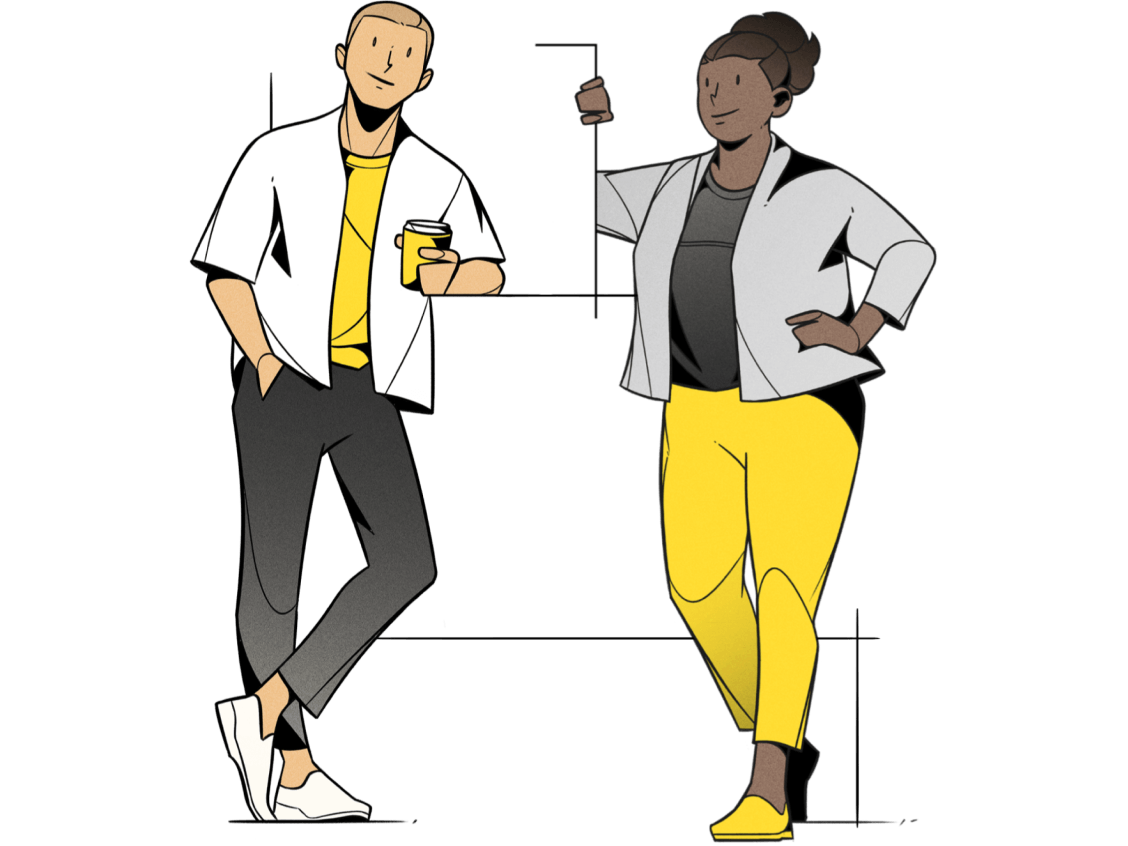
Compensation and benefits
Our benefits are competitive, robust, and tailored to fit life in each of our hub cities. When you’re a Mironeer, you qualify for:
- Competitive base salary and equity package
- A generous pension program and health insurance coverage
- Catered lunch and snacks at your hub office
- Ongoing professional development opportunities and access to a learning budget to foster your growth
Our rituals
Each team is empowered to come up with their own rituals to ensure alignment and efficiency across the organization. Here are a few ways we work together:
Weekly Stream
Check-ins with peers and design leaders to review work in progress and discuss goals and outcomes.
Design Club
Design clubs for deep dives on larger projects, monthly updates, and socializing across streams.
Sync/Async Workflow
A combination approach of sync and async ways of working.
Team Offsites
Team offsites, where we play, work, and connect in person.

